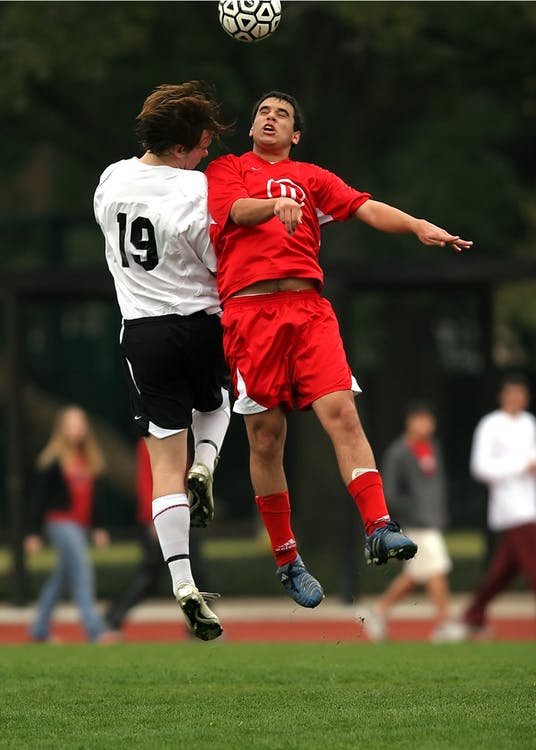Every so often here on Sports Radio Interviews, we stumble across interviews that are flat-out outstanding to listen to. I suppose I should qualify ‘outstanding’. Most of the time, radio interviews are very uncontentious. It’s usually a host either just asking the obvious questions, with the interviewee answering in fairly uncontroversial fashion. Sometimes though there’s an interview featuring tough, unrelenting questions followed by quick, combative retorts. That was exactly the case when Oregon Ducks football coach Chip Kelly joined the air on 95.5 The Game in Portland.A bit of back story though first, in case you’ve tuned out the goings on of the college football world this past month and a half. Since the Oregon Ducks represented the PAC 10 in this year’s Rose Bowl, the program has been mired by player behavior problems. There have been DUIs, expletive laced rants on Facebook, and even an arrest for theft. Through it all, there’s been the perception that Kelly hasn’t policed his program in an entirely equitable and stern enough fashion. You can read more about the incidents here, but for now, take a listen to Kelly and John Canzano of 95.5 The Game in Portland duke it out on the air about the turmoil surrounding the Ducks program.

On if he’s sending a different message to the team than it appears he’s sending to the public:
“I don’t know what the public gets. I don’t speak for the public, but I speak for this team. And I think our players understand that if they cross the line and they make a mistake, they’re going to be punished. So I don’t know, and I guess my question to you is, what part does that not make sense. I suspended a running back – a star running back – for 8 games when the NCAA said 1. I’ve kicked three kids off the team now because they failed to comply with team rules. So what part of that does not make sense? Or what part of that do you think our players think that they’re allowed to get away with that?”
On the perception that there’s no consistency to the way he’s disciplining his players:
“When a player gets in trouble, I meet with them and they tell me what went on or what didn’t go on. So I act upon what they tell me went on and didn’t go on. In certain situations, I can’t comment on specific situations, if I haven’t rendered a decision, that doesn’t mean I’m not doing anything. It means I’m waiting to get all the facts. And in the United States of America, it would be prudent to get all the facts first. If I’m going to punish a player…I had a player last season get arrested, two days later there’s no charges and they said he never should have been arrested. So tell me where the justice is there?”
Kelly was then pressed about how it appears that he’s not running a tight ship with consistent standards concerning disciplining players:
“When this whole thing shakes itself out, when the final truth comes out, put me on the air again. And then you apologize.”
Kelly interrupts when asked about different punishments based on how important the player is to the program’s success:
“John, before you go any further, do me a favor and get your facts straight before you start making accusations. If a player is let go from this football player, it’s because I don’t get into the specifics. But if you think for one player is gone just because he said one thing on Facebook, that’s not the case.”
Kelly then continues on the attack:
“Whoa, whoa. Let’s start again. I asked you a question. I asked you if you think the players in this program are going out and getting in trouble because I didn’t suspend LeMichael James?”
On why not at least send a message by suspending James while he collects all the facts:
“Okay, okay. But my point to you is what am I suspending him from?”
He then reiterates that such a move would be sending a message:
“That’s a valid point on your part, but if you think are players are doing something wrong post-LeMichael James because he hasn’t been suspended yet, then I think you’re just making an excuse. If Player A goes out after everything that’s happened here and gets in trouble, then he’s going to get punished. And our players know that, and our players have been punished, and they will continue to be punished when they cross the line.”

Comments